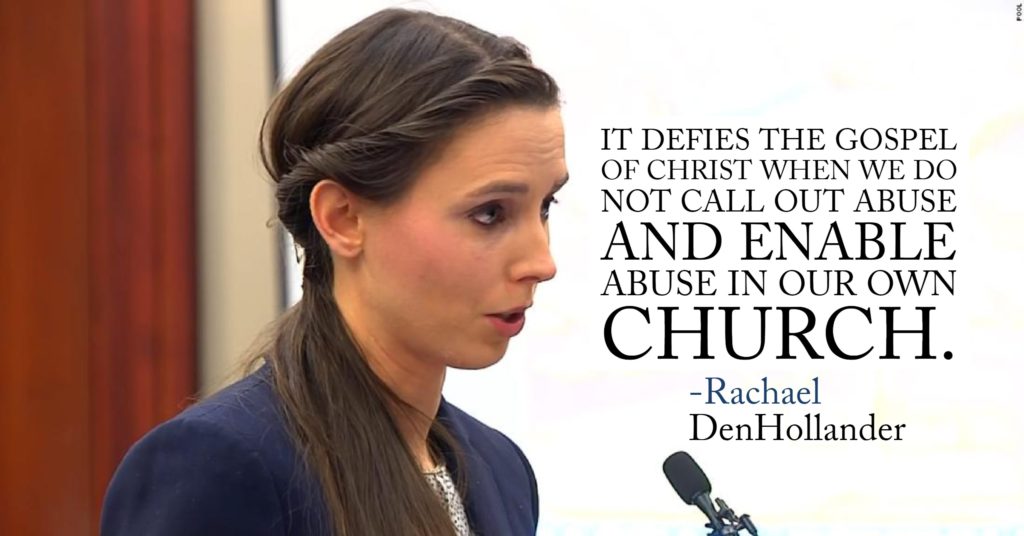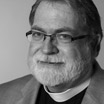The Church exists to make disciples of Jesus Christ. The Church exists for the sole purpose of going into all the world, to reach all people with the good news that salvation comes to all through Jesus Christ, to baptize them, and to teach them all things that he has commanded (Matthew 28:16-20; see also John 14:6). Therefore, the Apostle Paul declares in I Corinthians 9:16 “For when I preach the Gospel, I cannot boast, since I am compelled to preach. Woe to me if I do not preach the gospel!” To the Churches he planted, Paul says “it’s not about me—it’s all about the gospel of Jesus Christ!”
And so it is with us today. But woe to us if the call to make disciples of Jesus Christ is compromised in the Church itself by false teaching that leads people away from him, by moral scandal that compromises the messengers of Good News and by conflicts arising from failure to accept the discipline and order of the Church as messenger of the Gospel. For this reason, a principle focus of our mission at the American Anglican Council is to address anything that compromises the God given mission of the Church to proclaim the Gospel. This includes addressing false teaching in the Anglican Communion. Where able, we help restore right discipline and order within the Churches of the Communion.
Likewise, our work here in North America includes keeping good order within the Anglican Church in North America (ACNA) through my work on its Governance Task Force, helping to mediate and resolve disputes between leaders and congregations (where we are invited to do so), equipping clergy and other leaders to face conflicts with grace and patience so that they will not be distracted from fulfilling Christ’s Great Commission. As the Apostle Peter declared “For the time has come that judgment must begin at the house of God.” (I Peter 4:17 KJV)
This is exactly the point I saw in a Christianity Today interview with Rachael DenHollander following her extraordinary witness to justice and forgiveness through Jesus Christ at the sentencing of her abuser. I wrote about Mrs. DenHollander last Friday, and about her impact statement on behalf of herself and over 100 other survivors of sexual abuse.
Rachael DenHollander began her courageous testimony by focusing on sexual abuse within the Church, the household of God (I Pet. 4:17). She shared about how her former church was “directly involved in restoring” C.J. Mahaney to prominence. Mahaney, former leader of Sovereign Grace Ministres (SGM), was accused of covering up abuse within his church network in a 2012 lawsuit. DenHollander says:
“The reason I lost my church was not specifically because I spoke up. It was because we were advocating for other victims of sexual assault within the evangelical community, crimes which had been perpetrated by people in the church and whose abuse had been enabled, very clearly, by prominent leaders in the evangelical community. That is not a message that evangelical leaders want to hear, because it would cost to speak out about the community…”
This is a devastating indictment of a network of evangelical Churches. It is her analysis that such cover-up of abuse within the Church results not so much from institutional protectionism as it does from “poor theology”— from the failure of Christians to link justice with forgiveness. Christianity Today asked her if she had any final words to offer to the church, and this is what she said:
“First, the gospel of Jesus Christ does not need your protection. It defies the gospel of Christ when we do not call out abuse and enable abuse in our own church. Jesus Christ does not need your protection; he needs your obedience. Obedience means that you pursue justice and you stand up for the oppressed and you stand up for the victimized, and you tell the truth about the evil of sexual assault and the evil of covering it up.
“Second, that obedience costs. It means that you will have to speak out against your own community. It will cost to stand up for the oppressed, and it should. If we’re not speaking out when it costs, then it doesn’t matter to us enough.”
You can read the entire Christianity Today interview here.
I believe that the failure to link justice and forgiveness through Jesus Christ is also a part of the crisis within the Anglican Communion today. It is the failure to call our behavior what the Bible calls it—sin. This is true whether we are talking about matters of sexual abuse, human sexuality, or disputes between leaders within a local congregation and diocese. When we are unrepentant, we fail to face and own our fallenness. In so doing, we can never find true justice. Justice can only can only be found through genuine, Biblical repentance and the blood of Jesus Christ.
There is another motivation for getting our own house in order. If we want our own churches to proclaim the Gospel with integrity and the power of the Holy Spirit, they must be in order. According to the Bible, there is a connection between repentance, restoring Godly order to the Church and the release of the Holy Spirit for witness and mission.
For example, after following all God’s instructions in building the Temple, King Solomon dedicated it with a prayer that acknowledged both the people’s sin and the forgiveness of God (2 Chron. 6:12-42). When Solomon finished praying, “fire came down from heaven and consumed the burnt offering and the sacrifices, and the glory of the LORD filled the Temple…and [all the Israelites] knelt on the pavement with their faces to the ground, and they worshipped and gave thanks to the LORD…” (2 Chron. 7:1-3). On Mt. Carmel, in the confrontation between the prophets of Baal and Asherah on the one hand, and God’s prophet Elijah on the other, Elijah first gathered and then fixed scattered stones in order, in the form of an altar, before he prayed. Only after he built that altar did he pray for God to demonstrate his sovereignty by consuming the offering. “Then the fire of the LORD fell and burned up the sacrifice, the wood, the stones and the soil, and also licked up the water in the trench. When all the people saw this, they fell prostrate and cried ‘The LORD—he is God! The LORD—he is God!’” (I Kings 18:38-39).
In the New Testament, the apostles and others gathered in an upper room to obey Christ’s command to wait until they were clothed with power from on high (Luke 24:49). During this time not only did they gather themselves for prayer and fasting, they restored the order of apostles by electing a replacement for the traitor Judas. Then at Pentecost the power of God fell again, with tongues of fire, and with the proclamation to all nations gathered before them “the wonders of God” in languages all could understand (Acts 1:12-2:12). With such power the Church was unleashed in mission, 3,000 people were added that day and the LORD continued to “add to their number daily those who were being saved (Acts 2:47).
More than ever, we need the fire of God and the power of God to fill our House! We need the Holy Spirit to empower us to reach all peoples in North America with the transforming love of Jesus Christ, as they too fall down in worship before the word and the power of God.
The Rev. Canon Phil Ashey is President & CEO of the American Anglican Council.



